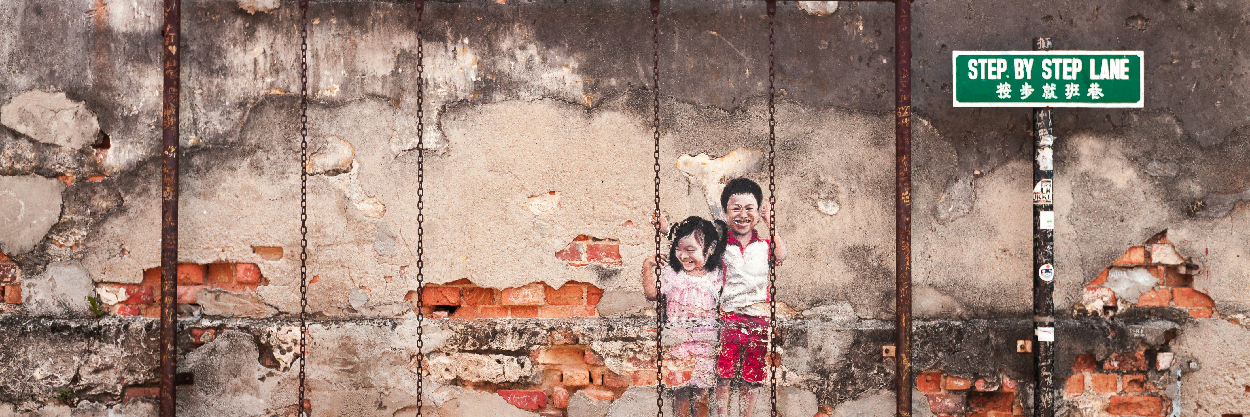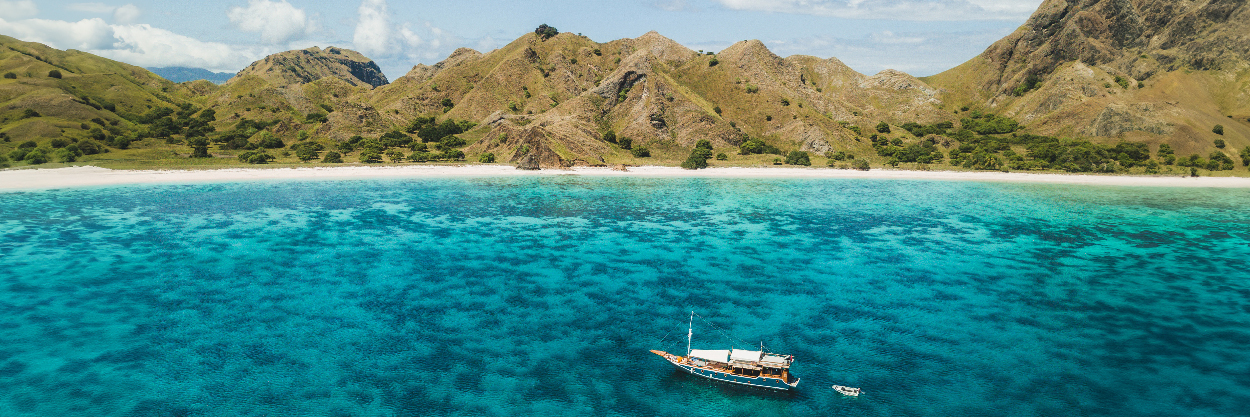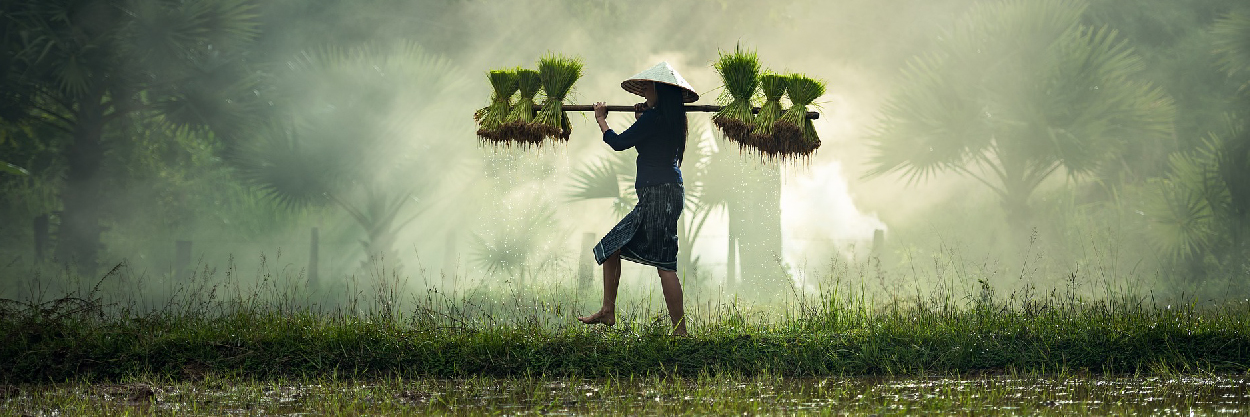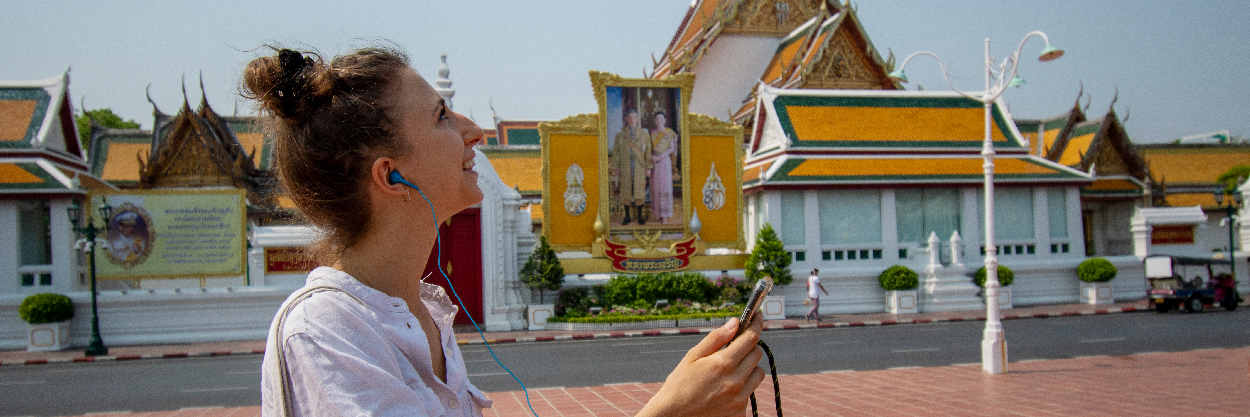Following a sustainable path at Asian Trails
Following a sustainable path at Asian Trails
“Sustainability is not an objective but a constant process. Asian Trails is committed to reduce its impact on the environment by constantly reviewing and improving operations, and in creating tours that support local communities, respect nature, adhere to our animal welfare policies and reduce carbon emissions.
Tourism leaves an impact on destinations – we cannot deny this. Asian Trails has strict internal guidelines to respect and contribute to the overall well-being of Asian tourism by following our three main principles for tourism longevity: Supporting responsible, economic growth through tourism; preserving and respecting local culture and heritage; minimizing our footprint on the environment.”
The above two paragraphs were my introduction to readers of our 2020 Annual Sustainability Report, a yearly publication outlining our vision and sustainability actions in the preceding year. A copy of the report is available here and also through our sales managers and country sustainability coordinators.
There are generally two categories of people reacting to sustainability topics. The first category skips the topic altogether thinking it doesn’t concern them. The second category is the group for whom sustainability has become an integral part of their lives and activities. If you are still reading this story you belong to the latter group and demonstrate that you care about the impact humans have on our vulnerable planet and try to help by improving people’s lives. We care very much too.
At Asian Trails, sustainability is a core value and has a key influence on our behaviour and actions. The education of our employees and support to our suppliers on sustainable topics is one of our top priorities. Ameer Virani, together with our country sustainability coordinators, organises and conducts monthly training events with our employees to make sure they understand and support the principles we preach.
Sustainability is a complex topic using terms that even professionals sometimes misinterpret. To give you an example: What is the difference between Sustainable Travel, Responsible Travel and Regenerative Travel? We try to simplify terms as much as possible and provide a one page dictionary for our employees to understand the differences. If you would like to get a copy, please write to Ameer and he will be happy to send you one in English, French, German, Italian, or Spanish.
Needless to say that Asian Trails has policies on Animal Welfare, Orphanage Tourism, CSR Activities, Plastic Reduction and Carbon Offsetting. Our policies and activities adhere to our core sustainability principles. All Asian Trails offices are Travelife Partner certified and follow Travelife’s sustainability criteria.
We support community development in all of our destinations and work hand in hand with NGOs and community foundations. Our country offices can send you detailed information on their specific country initiatives. All of these activities are driven by our offices in each country and not centrally from head office so that there is a close and personal connection with each organisation.
We constantly review and improve on our processes and actions and set ourselves new objectives. We are also completely transparent in what we do and the difficulties we face. For example, one of the most difficult projects to implement is the replacement of single-use plastic water bottles with reusable water bottles. In some destinations refillable water stations are readily available, but in others they are non-existent with suppliers not willing to provide this eco-friendly service and we therefore need to organise the entire water supply chain on our own. Alternatively, in some countries we are able to provide customers with reusable glass bottles.
We also think that it makes little sense to offer reusable water bottles to every customer since these are already offered by some hotels and other suppliers and after a two week journey, customers end up with a multiple of reusable water bottles which they throw in the rubbish bin. We will gladly provide reusable water bottles, branded or according to individual wishes, but our recommendation is for customers to bring their own reusable water bottles since this will have the smallest impact on the environment.
There are many topics that I could elaborate on, but that would make for a book. Our Asian Trails’ teams will gladly elaborate on our policies and actions and give you more detailed information on request.














